UN officials call for probe into reports of ‘horrific sexual violence’ in Ethiopia
United Nations (UN) officials have called for an investigation into reports of “horrific forms of sexual violence” in Ethiopia’s northern Tigray region, where an armed conflict has been ongoing between government troops and rebel forces.
UN officials, including aid chief Mark Lowcock, rights chief Michelle Bachelet, and refugee chief Filippo Grandi, issued a joint statement on Monday calling for a probe into reports of rape and “other horrific forms of sexual violence” in Tigray.
A months-long conflict between Ethiopian troops and those loyal to the leadership of the Tigray People’s Liberation Front (TPLF) in Tigray has killed thousands of people and forced hundreds of thousands from their homes in the mountainous region.
“It is essential that an independent investigation into conflict-related sexual violence in Tigray be initiated, with the involvement of the UN Office of the High Commissioner for Human Rights,” the statement said.
They called on the warring parties to protect civilians from human rights abuses, condemn sexual violence, and hold perpetrators to account.
Ethiopian federal troops entered Tigray as part of a retaliatory response to alleged attacks on the military on November 4 last year and overthrew the dissident ruling party of the TPLF.
The TPLF had set itself in opposition to Prime Minister Abiy Ahmed since he came to power in April 2018.
Though the government announced victory on November 28, the region’s ousted leader has vowed to continue fighting.
The UN now says it has received “disturbing” reports of sexual violence and abuse in Tigray, including of individuals forced to rape members of their own family.
The UN’s special representative on sexual violence in conflict, Pramila Patten, said in a report earlier this year that she was greatly concerned by serious allegations from the northern Ethiopian region, including “a high number of alleged rapes” in the Tigrayan capital, Mekelle.
“Some women have also reportedly been forced by military elements to have sex in exchange for basic commodities,” she said.
She also called on all parties involved in the hostilities to commit to a zero-tolerance policy for crimes of sexual violence.
The UN officials said in their statement that only one health facility provided the full range of services for clinical management of rape survivors in the conflict-hit region.
Emergency contraception is fully available in less than half of the facilities there, they said.
Initial assessments of 106 health facilities in the region showed that nearly 70% had been looted, and that 30% had been damaged between December 2020 and March 2021, said the statement.
Only 13% of the health facilities were functional in the region, it added.
“Preventing and responding to the grave human suffering resulting from this conflict will require a concerted effort at all levels,” said the UN officials.
“When it comes to getting aid staff and supplies into Tigray… much more remains to be done,” they added.
Before the conflict broke out in the region, Tigray was home to around 5.5 million people, according to UN estimates.
That figure included more than 100,000 internally displaced people and 96,000 refugees, who were already dependent on food assistance.
Many people displaced by the violence have sought refuge in neighboring Sudan.
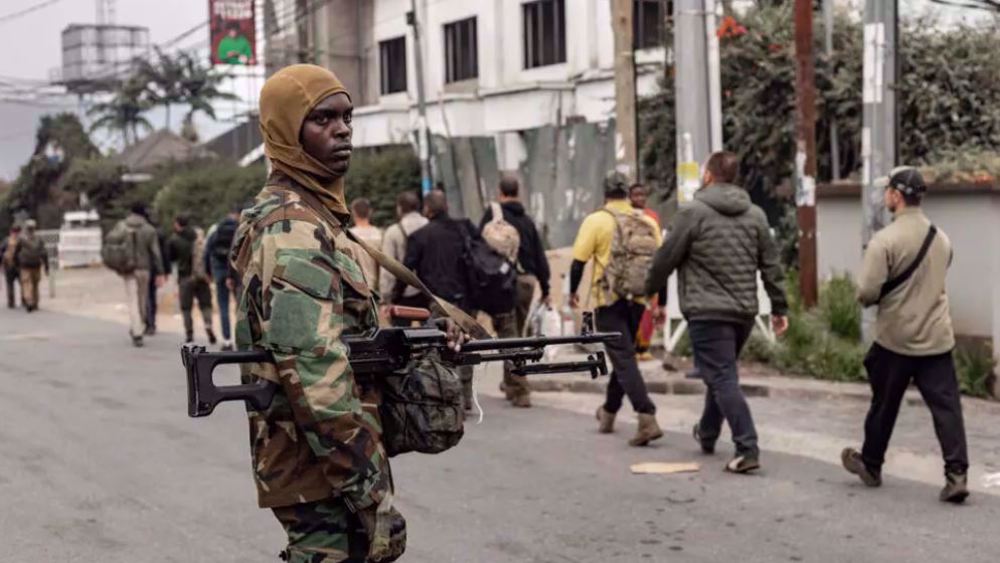
7,000+ killed in eastern DR Congo since January: PM
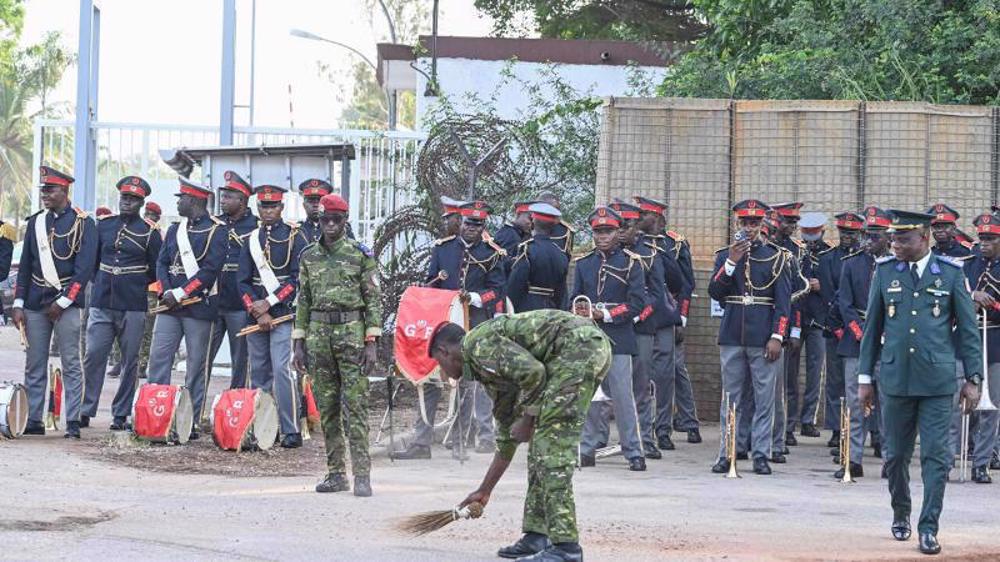
France hands back sole military base in Ivory Coast
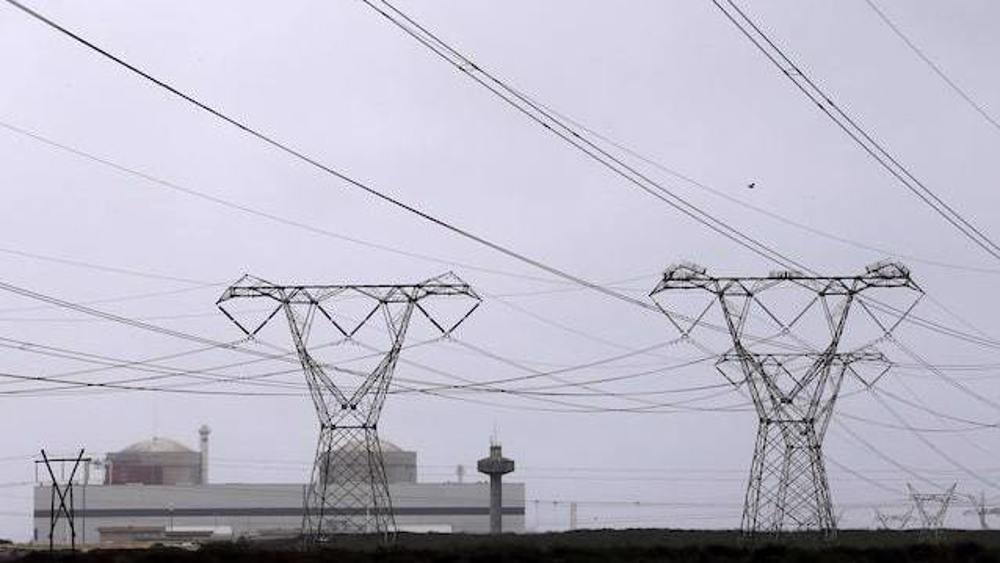
South Africa open to nuclear cooperation with Iran and Russia, despite US threats
Iranian flotilla makes port call in India with 'friendship message'
How UK counter-terror police colluded with Zionists to detain me after Beirut trip
Biden, Blinken, Austin referred to ICC over Gaza war crimes
EU will 'do the same' if US implements tariff hikes: France
VIDEO | Press TV's news headlines
British celebrities condemn BBC removal of Gaza documentary
Iran Army acquires tactical vehicles, audio surveillance systems
VIDEO | UK police detain anti-Zionist scholar upon return from Lebanon


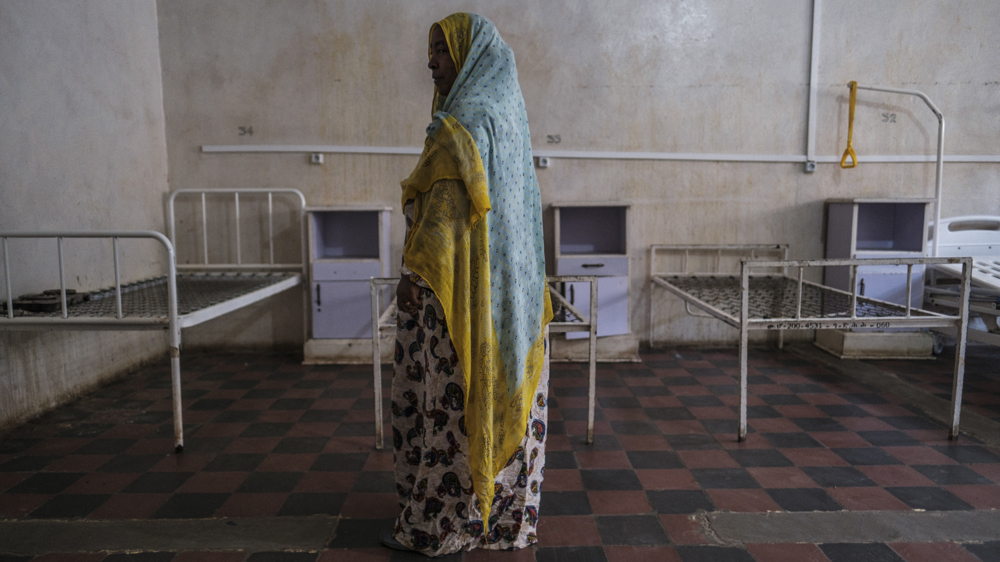



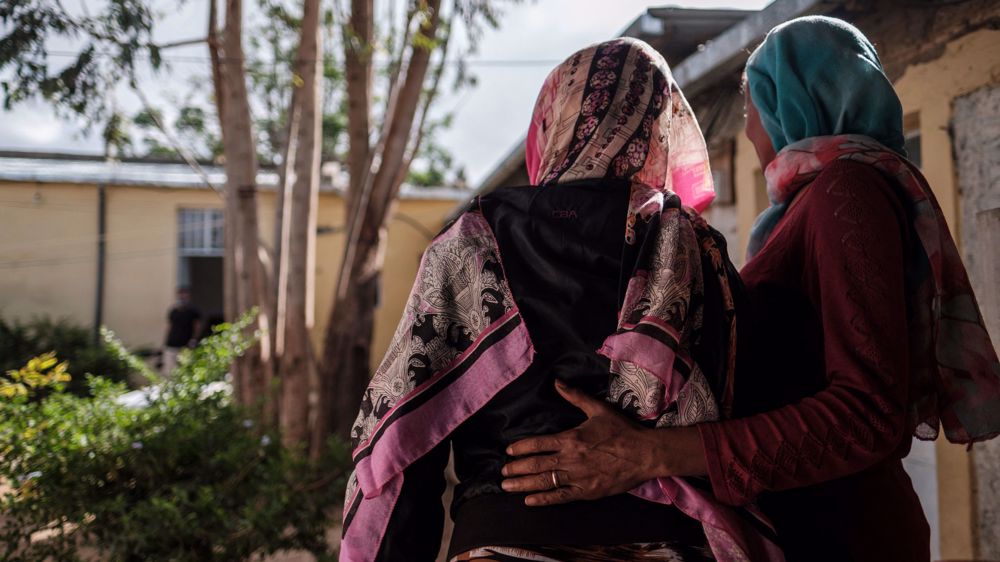
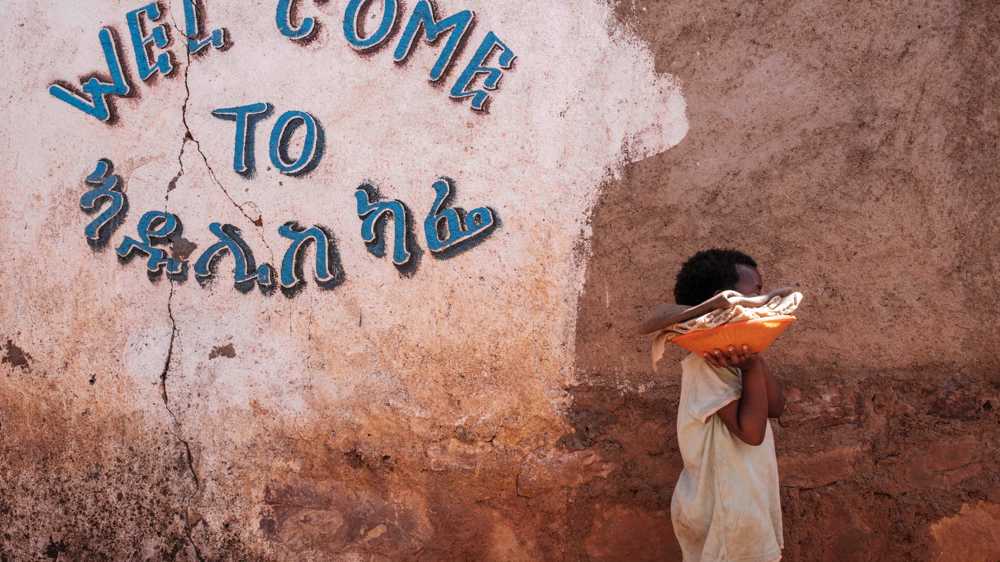
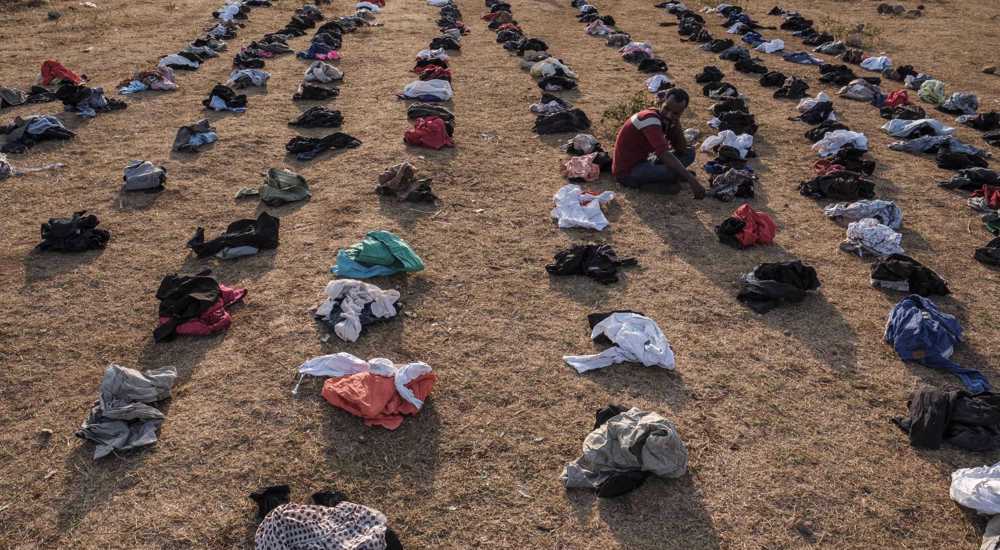

 This makes it easy to access the Press TV website
This makes it easy to access the Press TV website